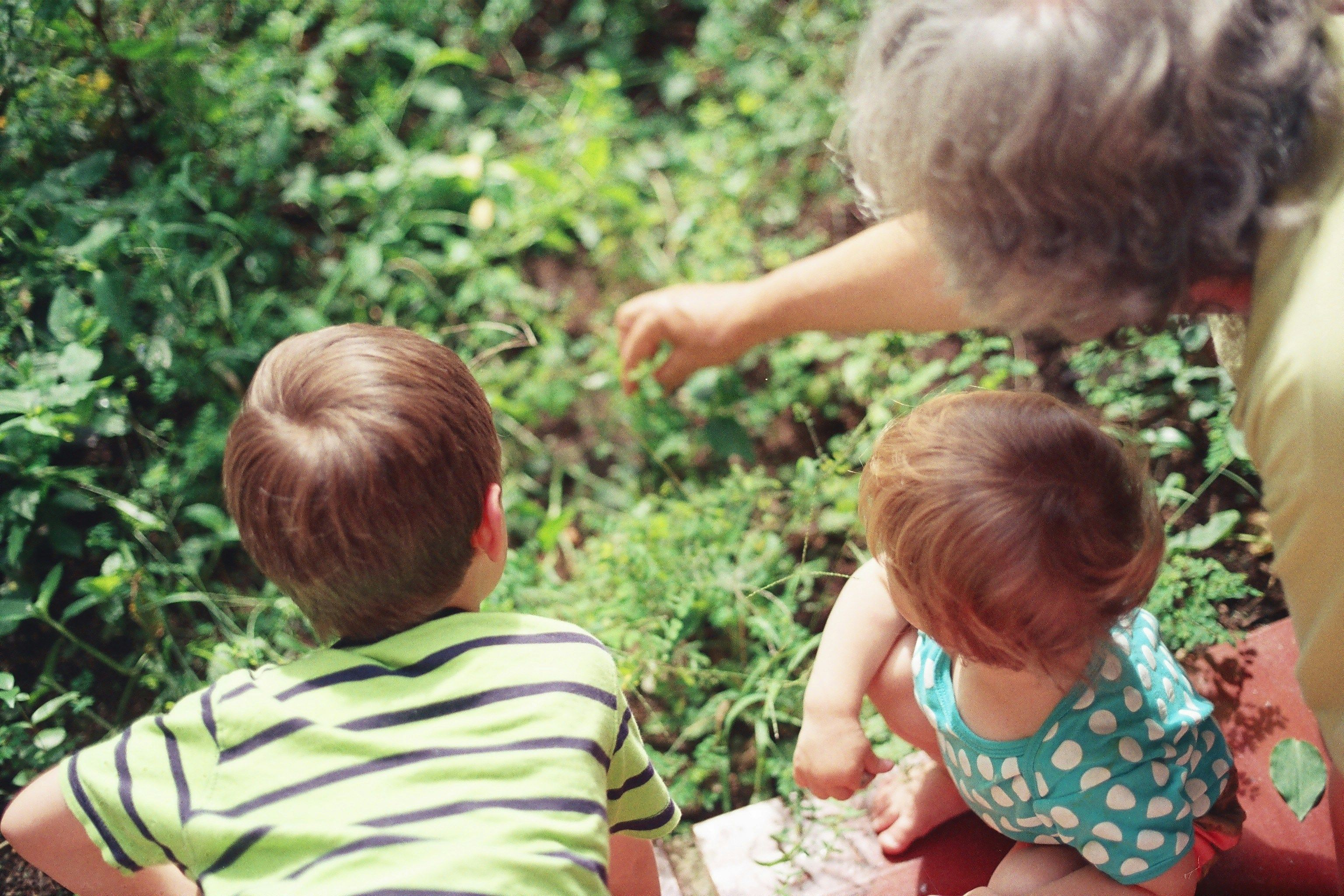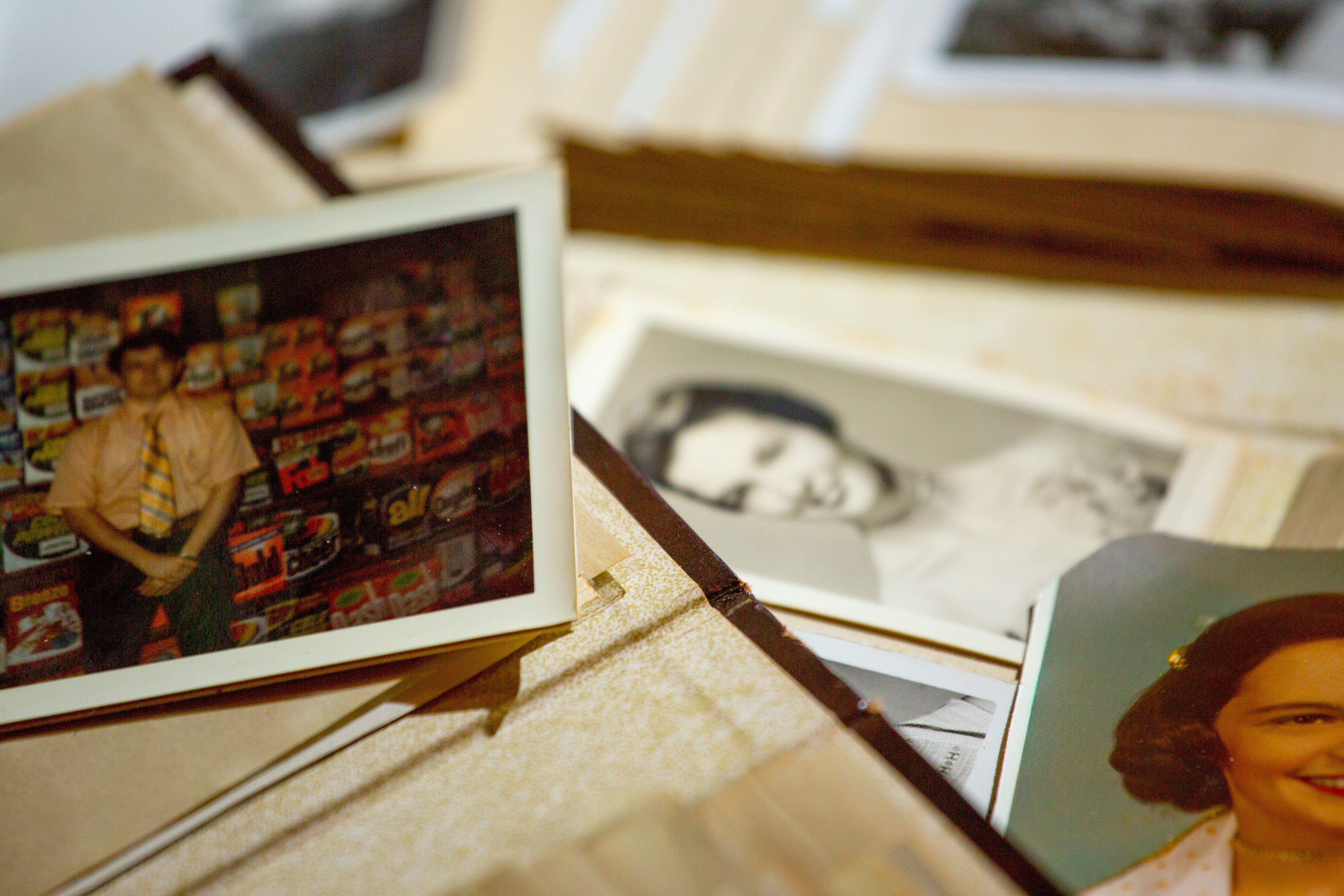Only Healthy Grandparent Relationships Are Important For Kids
It is not enough to treat your grandchild well; you must also create a healthy, functional relationship with their parent.

Only healthy relationships with grandparents are important for kids. Grandparents do not have a right to have a relationship with their grandchildren simply because of their title.
I never expected this opinion to be controversial, and wow, it was. My comment section was flooded with grandparents who believe “my house, my rules” and unmitigated access to their grandchildren should be permitted without any rules, boundaries, or supervision simply because of their title as “grandparent.”
This is what I believe, and I don’t think you can convince me otherwise: Only healthy relationships are important for kids. Kids do not need (insert any family member title) in their lives if that person is abusive, toxic, neglectful, or cruel to them or their parents.
When Parents And Grandparents Don’t Get Along, Kids Get Hurt
It is not enough to treat your grandchild well; you must also create a healthy, functional relationship with their parent. This includes treating your adult child or child-in-law with respect, compassion, and kindness. If you treat your grandchild’s parent poorly, your relationship will be at risk.
Research consistently demonstrates that children experience bad outcomes when they witness interpersonal conflict between family members. Witnessing or becoming involved in disputes between parents is associated with poor mental health, increased stress, behavior problems, and poor school functioning. We can likely assume that children will experience the same adverse outcomes when exposed to fighting between their parent and a grandparent.
If a grandparent would like to have a healthy relationship with their grandchild, they will need to get along with their adult child and their partner or co-parent. This may include apologizing for past hurts, embracing their adult child’s parenting style, and respecting boundaries. None of this is easy, and it’s often uncomfortable, but your relationship with your grandchild may depend on it.
Note: Some adult children are unable to care for their children in a healthy way. Your adult child may be struggling with addiction, a mental health diagnosis, or another issue that prevents them from showing up as a healthy parent. Some grandparents find themselves parenting their grandchildren because they have no other choice. If your adult child is abusing or neglecting their child, you may have to step in to protect that child without repairing things with your adult child. Abuse or neglect are not “parenting styles,” they are violations that must be taken seriously.

Grandchildren Will Have Good Relationships With People Who Treat Their Parents Well
Young children love their parents to a fault, and they want to be around people who treat their parents well. They notice your jabs and slights at their parent. They pick up on how differently you treat them compared to their parent. They are always watching and taking this information in, and it’s important to consider how your behavior appears to your grandchildren.
Healthy grandparents are good role models for their grandchildren. They treat others with kindness and compassion in their presence, and they model healthy conflict-resolution skills. If a grandparent truly wants a healthy relationship with their grandchild, they must find a way to be a positive relational role model in that child’s life. This includes modeling healthy communication with their adult child and their partner.
Signs Of A Toxic Grandparent Relationship
- The grandparent is not respectful of the parent’s boundaries. They have a “my house, my rules” attitude and seem to purposely not follow directions.
- The grandparent is constantly trying to undermine the parent’s authority. They want to be the primary authority in the child’s life and attempt to make major decisions.
- The grandparent manipulates, bullies, or intimidates the child or the parent.
- The grandparent is not open to feedback and refuses to change.
- The parents fear backlash or punishment if they confront the grandparent or ask them to apologize.
- The grandparent is emotionally abusive.
- The grandparent is physically abusive.
- The grandparent is sexually abusive.
- The grandparent is degrading. They are always trying to tear down the child or the parent.
- They are not open to learning new parenting techniques. They want to do everything the way they did it.
- The grandparent is not supportive of the parents. They do not prioritize or care about having a good relationship with the child’s parents.
- They put the child in dangerous situations.
- They use substances that make them unable to safely care for the child.
- They keep weapons out and accessible around the child.
- They do not allow the child to be who they are. The child is shamed or ridiculed for their beliefs, clothing choices, or interests.
- They do not try to improve their grandchild’s life in any way.
- They ask the child to keep secrets from their parents.
- The child is unhappy and distressed when they are with the grandparent.
Signs Of A Healthy Grandparent Relationship
- The grandparent is respectful of the parent’s boundaries. This may include respecting things like feeding and bedtimes.
- The grandparent does not try to undermine the parent’s authority. They try their best to offer advice when asked and do not try to be the parent.
- The grandparent does not manipulate, bully, or intimidate the child or the parents.
- The grandparent is open to feedback and change.
- You are not afraid to confront them or offer feedback.
- They are not emotionally abusive.
- They are not physically abusive.
- They are not degrading. They try to empower the child and the parent.
- They are open to learning new parenting techniques. They do not see it as “their way or the highway.”
- They are supportive of the parents. They strive to have a good relationship with their adult child and their partner.
- They are not sexually abusive.
- They do their best not to put the child in dangerous situations. They follow recommendations for sleep and safety to the best of their ability in every situation.
- They do not use substances that inhibit their ability to care for the grandchild while in their presence.
- They do not keep weapons around the child or allow weapons to be accessible in the home.
- They allow the child to be who they are. The child is free to express themselves in their own unique way through their clothing, personality, and interests while in the presence of the grandparent.
- They try to improve their grandchild's life through learning opportunities, love, play, and other positive activities.
- They do not ask the child to keep secrets from their parents.
- The child is happy and content in the grandparent's presence.
Is This A Healthy Grandparent Relationship?
After you review the signs of a healthy grandparent relationship and signs of a toxic grandparent relationship above, you may want to ask yourself this question: If anyone else was displaying this type of behavior around my child, would I want them to have a relationship with them?
Sometimes, we become clouded by the title, stopping us from seeing the relationship objectively. If this person is a healthy influence in your child’s life, trust that you will make the effort to include them and to make their presence in your child’s life known. This relationship can be continuously re-evaluated depending on the child’s age and the grandparent’s behavior. These relationships are not static and can always change.